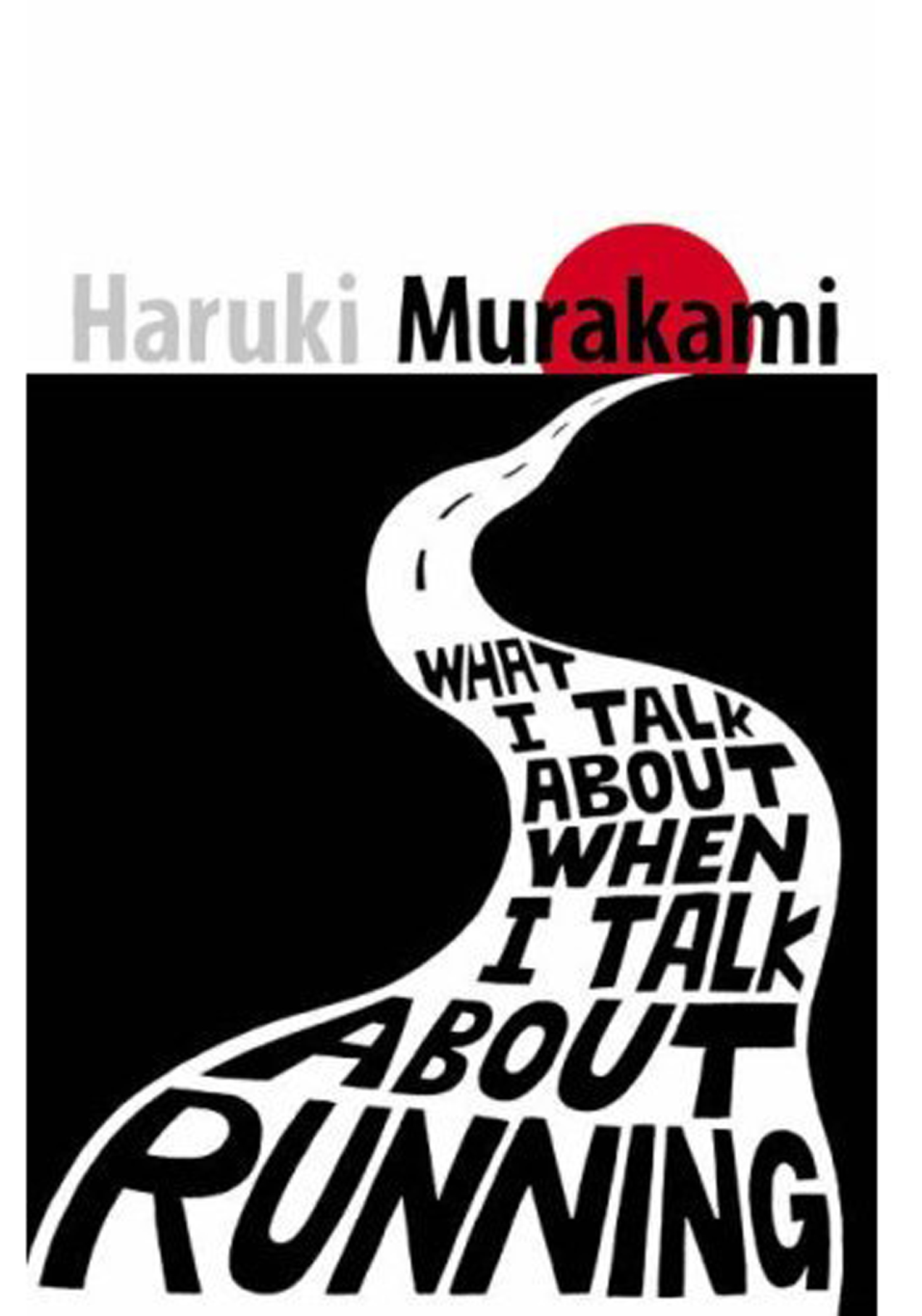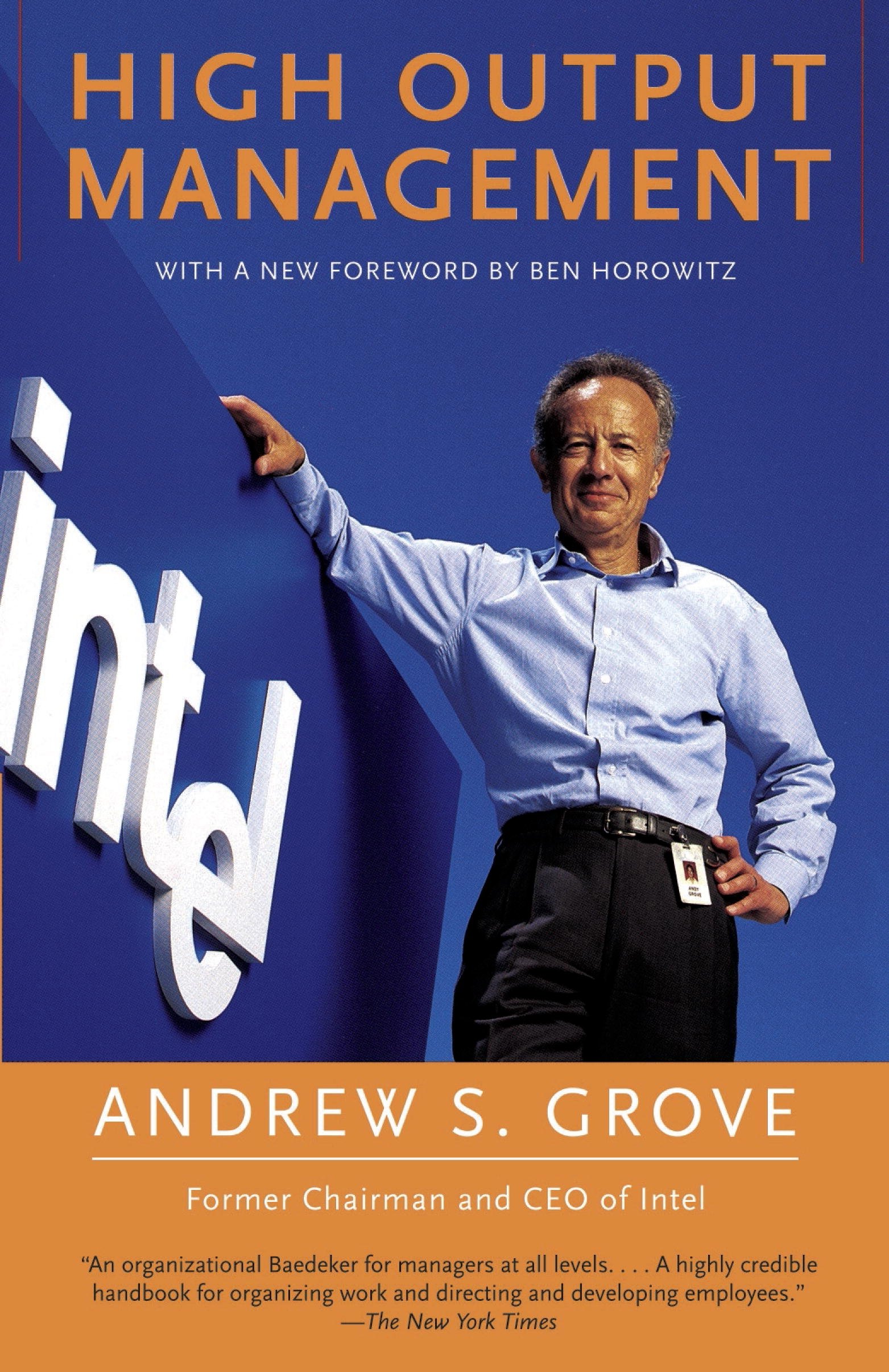“If the world operates as one big market, every employee will compete with every person anywhere in the world who is capable of doing the same job.”
– Andy Grove, High Output Management
One of the truly inspiring books for me personally, has been a non-fiction book written by the Japanese novelist Haruki Murakami. It’s called, What I talk about when I talk about running. It’s a very unique book. You can get a taste here in case you choose to skip reading the whole book.
 There’s a nice quote in the book,
There’s a nice quote in the book,
“In long distance running the only opponent you have to beat is yourself, the way you used to be.”
In many ways running an organisation is much like long distance running. But running analogies fail to capture the full depth of the complexity of running a business. Like muscles get used to a certain degree of stress & need more stress & healing to become stronger, organisations also become stronger with constraints & competition.
“When products & services become largely used commercial indistinguishable from each other, all there is by the way of competitive advantage, is time.”
– Andy Grove, High Output Management.
A lot has been written about organisational leaders, business pioneers, CEO’s & the skills they need to possess to build a winning business. But the stalwarts in the operational trenches are the middle managers that handle different departments that over time bring the organisation together.

A business leader’s responsibility is not just to create the organisation & a culture but also to ensure that it’s well managed by capable professionals. Andy Grove, apart from being one of the co-founders of Intel, along with others was also instrumental in building the organisation at scale which is now a $200 billion sized company.
Grove wrote the book High Output Management as a fitting tribute & an instruction manual for the middle manager. A role that not only requires to have a broad sense of business direction but also a good feel about day to day details & their improvement over time.
The book is remarkably detailed with a treasure trove of small hacks for improving the efficiency of departments to improving the quality of people & processes. “Managers rise to their level of incompetence”, may seem a bit judgemental but it’s one of the first steps of improvement at a personal level for most executives.
Having read several books on business management this book stands out as it goes in depth into processes like day to day time management, best productive practices for hiring people, focus on building managerial leverage by delegation, keep tabs on work allotted & your personal output, best practices for conducting group & one-on-one meetings; training of employees & building future leaders in the organisational hierarchy.
Some of these things sound very obvious & pedantic to those who don’t have the privilege of running an organisation or a team. Like a surgeon whose output is measured in the form of a cured patient, he /she has to spend a lot of time scrubbing, cutting & suturing. Day to day tasks, whose effectiveness builds towards the final output. Anyone who has seen an organisation scale will have gone through this gut churning process of learning these things first hand.
“A common rule we always try to heed is to detect & fix any problem in a production process at the lowest-value stage possible.”
From an individual’s point of view within an organisation, the lowest-value stage is our personal productivity. Fixing that can bring tremendous benefit. Organisations are built by people as much as they’re built by culture & process. Scale after all is neither a guarantee nor a privilege. This book makes the remarkable attempt to help us not to underestimate scale. A book worthy of multiple re-reads.

Leave a Reply